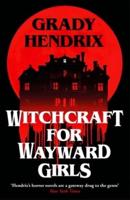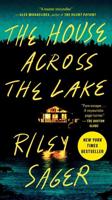Publisher's Synopsis
The Parasite is an 1894 novelette by Sir Arthur Conan Doyle. The Parasite makes use of a form of mind control similar to the mesmerism of the Victorian era; it works on some hosts but not others.Plot summaryThe main character is a young man known as Austin Gilroy. He studies physiology and knows a professor who is studying the occult. The young man is introduced to a middle-aged woman known as Miss Penclosa, who has a crippled leg and psychic powers. She is a friend of the Professor's wife. The skeptical Gilroy's fiancée, Agatha, is put into a trance to prove Miss Penclosa's powers. This succeeds and Gilroy begins to go to the Professor's house where Miss Penclosa practices her powers on him . This is so Gilroy can look at the physical part of the powers.Miss Penclosa 'falls in love' with the unfortunate Gilroy. She starts to use her powers on him to make him caress and utter sweet nothings to her. He loses his temper, rejects her love, and she begins to play tricks on him with her powers. The series of cruel tricks ends with him in Agatha's room carrying a small bottle of sulphuric acid. He notices that it is half-past three. He rushes to Miss Penclosa's home and demands for her presence at the door. The nurse there answers in a frightened tone that she died at half-past three............Sir Arthur Ignatius Conan Doyle KStJ DL (22 May 1859 - 7 July 1930) was a British writer best known for his detective fiction featuring the character Sherlock Holmes. Originally a physician, in 1887 he published A Study in Scarlet, the first of four novels about Holmes and Dr. Watson. In addition, Doyle wrote over fifty short stories featuring the famous detective. The Sherlock Holmes stories are generally considered milestones in the field of crime fiction.Doyle was a prolific writer; his non-Sherlockian works include fantasy and science fiction stories about Professor Challenger and humorous stories about the Napoleonic soldier Brigadier Gerard, as well as plays, romances, poetry, non-fiction and historical novels. One of Doyle's early short stories, "J. Habakuk Jephson's Statement," helped to popularise the mystery of the Mary Celeste.










